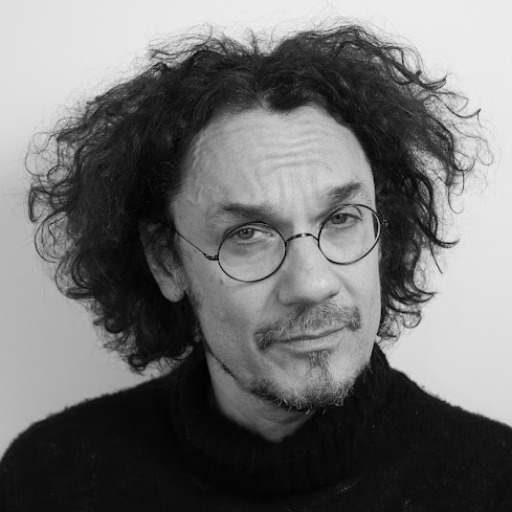Highly-respected Russian academic is new honorary doctor

Highly-respected Russian academic and critic of authoritarianism Vladimir Gel'man, seen here relaxing at home, is set to be an honorary doctor. He has been collaborating with the Faculty of Culture and Society since 2016.
Prominent political scientist Professor Vladimir Gel'man, highly respected for his expertise in Russian politics and governance, is set to be an honorary doctor at Malmö University’s Faculty of Culture and Society and its Russia, Ukraine and the Caucasus Regional Research (RUCARR) hub.
He has made significant contributions through his research, publications, and academic work having written extensively on topics such as democratisation, federalism, political parties, and institutions in Russia and other post-Soviet states. He is a consistent critic of both authoritarian tendencies in contemporary Russian politics, as well as Russia's war against Ukraine, upon which he reflects:
“It is really a difficult time, not just for Russia and Ukraine but for many countries around the world; we cannot expect that this military conflict will be solved any time soon and most probably this issue will be on the agenda for a long period of time.
“Many people live under this threat with many having left their respective countries, probably never to return. In my view this is a serious change for the entire world, and I would say that, right now, I do not see a solution which may stop this conflict.
“It is tragic for Russia; many people left the country, not only because of their political stance but also the risk of being drafted to the army. Those who left since 2022 are often talented professionals who could greatly improve Russia’s human capital but who now contribute to human capital elsewhere.”
He was the keynote speaker at the inaugural RUCARR conference in 2016 and since 2023 has been a member of its advisory board. His books, The Politics of Bad Governance in Contemporary Russia and Authoritarian Russia: Analyzing Post-Soviet Regime Changes are considered standard works for understanding the authoritarian drift that has taken place in Russia since the collapse of the Soviet Union.
Commenting on Sweden and Finland’s recent decisions to join NATO, he says: “There is a major perception of potential threat from Russia, we don’t know to what extent these perceptions will become a reality, but definitely these countries believe they could be targets after Ukraine, and their defence potential is not up to Russian military might. This is why after the assault on Ukraine public opinion shifted to the majority in favour of joining NATO rather than just a minority before 2022.”
Along with several other projects, Gel’man is also currently focussing on Russia’s domestic experience immediately after the Soviet collapse: what went wrong, why Russia did not follow the path of democratisation which occurred in Eastern Europe and some of the post-Soviet countries, why did they stop democratisation immediately after the Soviet collapse and then turn to authoritarianism?
“It is a sign of recognition to be made an honorary doctor and I am very grateful that Malmö chose me for this role,” adds Gel’man, who is based at the Aleksanteri Institute at the University of Helsinki.
